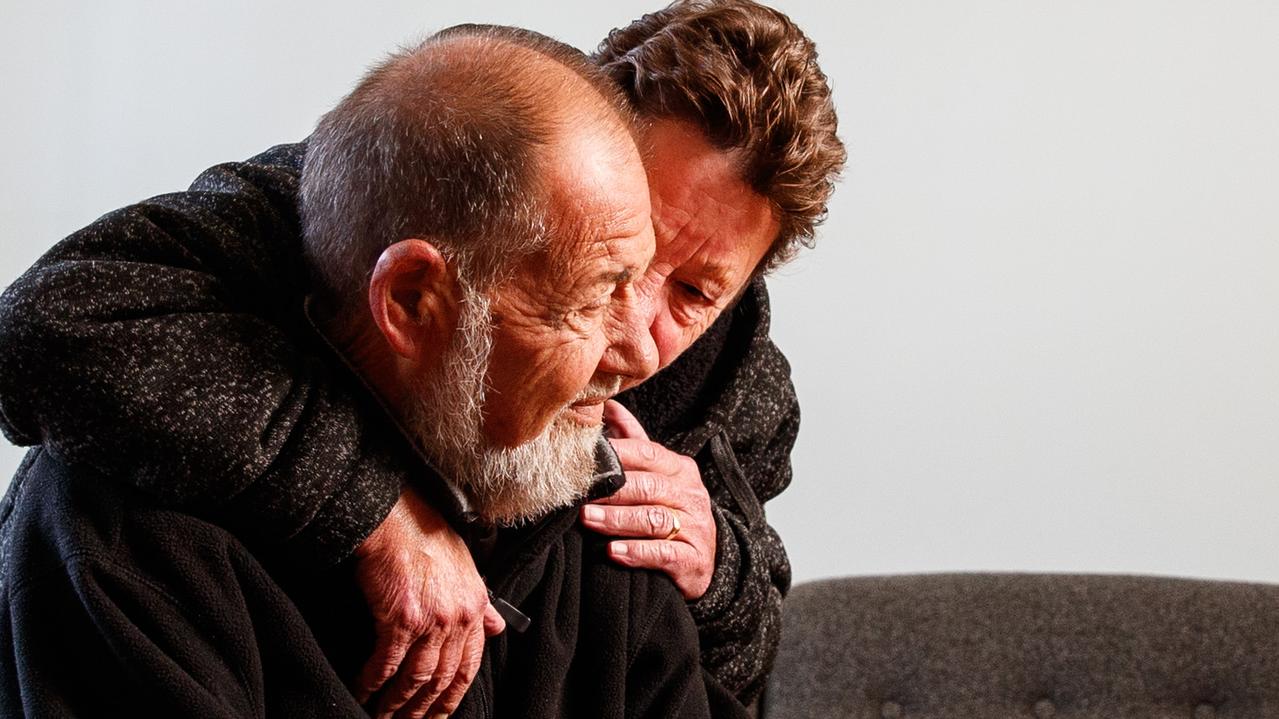Court rejects Peter Rex Dansie’s appeal, original life sentence to stand
One of the state’s most infamous murder cases has finally come to an end, with a court ruling on a murderer’s last-ditch bid for freedom.
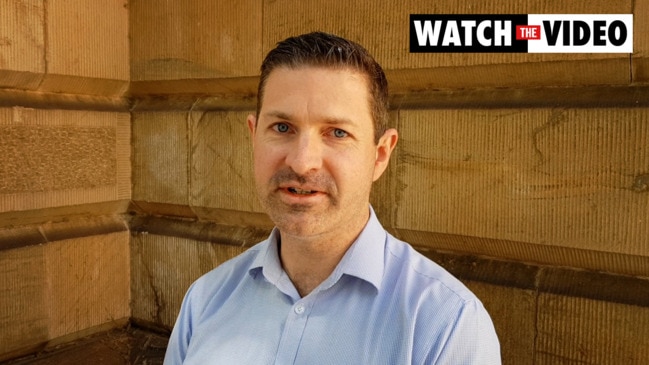
Police & Courts
Don't miss out on the headlines from Police & Courts. Followed categories will be added to My News.
Seven years ago next month, Grant Dansie’s beloved mother, Helen, was drowned in the shallow depths of a Veale Gardens pond.
Since then, Grant and his extended family have waited to see his abusive and greedy father, Peter Rex Dansie, held to account for the cruel murder.
But they have been frustrated at every turn by Dansie’s silence, obstinance and use of Helen’s estate to fund appeal after appeal, digging for technicalities.
On Thursday, Grant’s seven years of turmoil ended when the Court of Appeal rejected Dansie’s final challenge in a hearing that lasted less than 10 seconds.
“It’s a big relief … It’s been seven years going back and forth with mistrials, appeal courts and the High Court,” he said outside court.
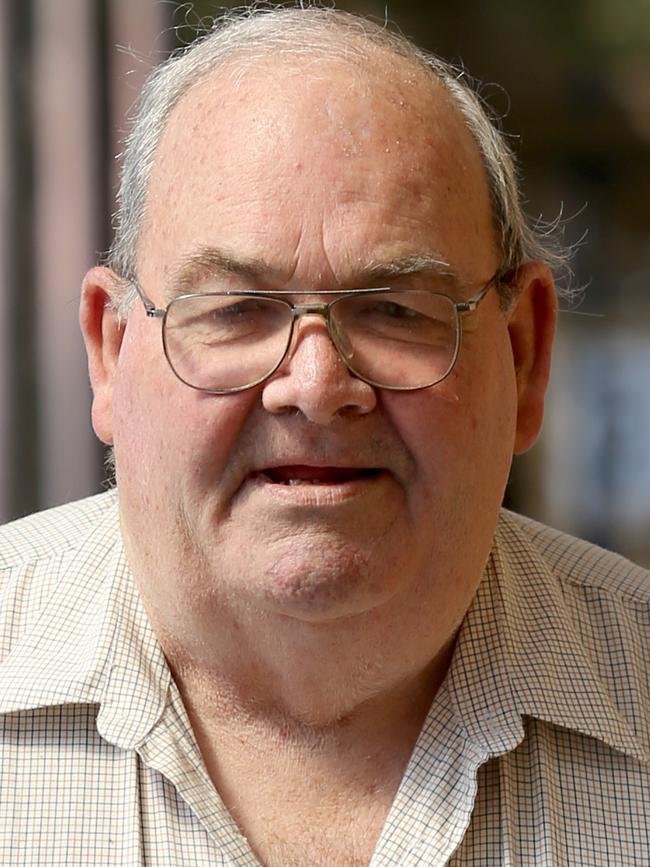

“We are really, really happy to get it over and done with, to finally feel justice has been served after so many years.”
Grant, who lives overseas, said the endless case had taken a “massive” emotional and financial toll on the family.
“Emotionally it’s always there, financially you’ve got to come back and forth to Australia,” he said.
“We’ve also got a civil case trying to protect mum’s estate, that’s hundreds of thousands of dollars in lawyer’s fees.
“It’s the double whammy of having it all there for seven years, just continuously going.”
Following two trials – one of which had to be aborted – Dansie, now 74, was sentenced to life imprisonment with a 25-year non-parole period in 2020.
The Supreme Court found he had drowned Helen, 67, in April 2017 because he considered her a financial burden.
Mrs Dansie’s body and her wheelchair were recovered from a 1.5m deep pond in Veale Gardens – Dansie claimed she had suffered an accident and he had jumped in to save her.
The court rejected his defence, dubbing the murder “the ultimate act of domestic violence” after a 40-year marriage plagued by neglect and abuse.
It ruled the evidence showed Dansie was not prepared to “spend any of what he considered his money” on improving Helen’s quality of life.
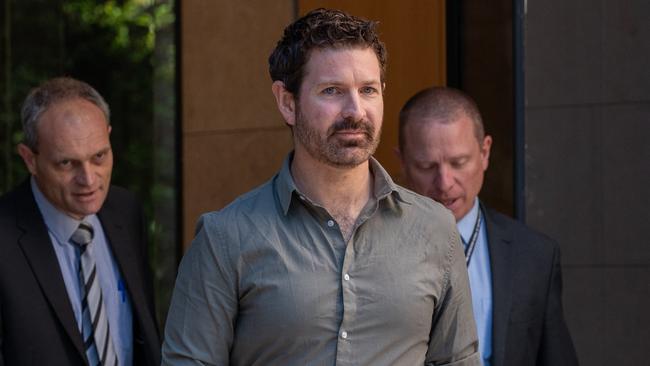
It found he was “obsessive” about controlling her life and assets, using guardianship laws to his advantage to do so, while “dismissing” concerns about her health and welfare.
It also ruled he was further motivated to commit murder by his “very keen interest” in pursuing Chinese women for sex.
It further ruled no mercy could be shown to a “selfish, evil and despicable” killer who “viciously and callously” neglected his wife’s needs.
Grant and his mother’s family denounced Dansie, in their victim impact statements, as “callous, brutal” and “undeserving of mercy”.
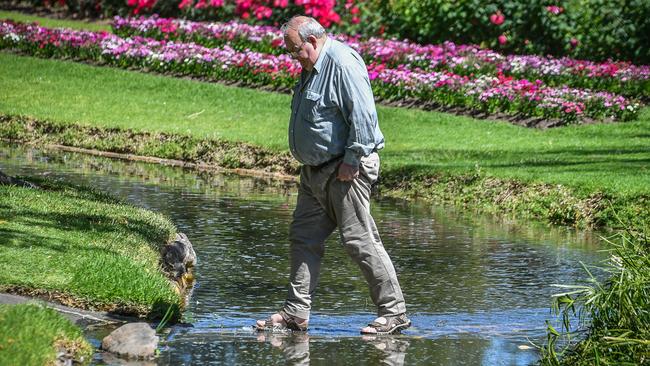
He then took legal action to protect his mother’s estate from being used by Dansie to fund his first, unsuccessful appeal and subsequent High Court challenge.
In February 2022 – just 24 hours before Helen’s long-delayed funeral – the High Court agreed to hear Dansie’s case.
Six months later, it ruled SA’s courts had “misapplied” legal precedent when refusing Dansie’s attempt to overturn his conviction and ordered his appeal be re-heard.
That had the legal effect of resetting the case as if the original failed appeal never happened – since then, Grant and his family have awaited the Court of Appeal’s ruling.
Dansie, meanwhile, was sued for allegedly failing to pay the $24,000 landscaping bill on the property he owned with Helen.
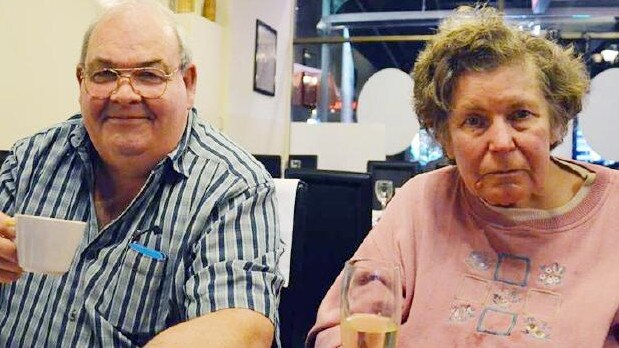
On Thursday, the Court of Appeal unanimously dismissed Dansie’s challenge and ordered both his conviction and sentence stand.
It was satisfied beyond reasonable doubt that, having reviewed the trial evidence, that material proved Dansie guilty.
It said the evidence showed Dansie had deliberately, not accidentally, pushed Helen into the pond “with the intention to kill her”.
Outside court, Grant said there remained a “minuscule” chance that Dansie would try and appeal yet again, depending on any “technicalities” in those reasons.
“We very much hope that’s not the case, we hope that we can finally move on … for now, it does sound like it’s done,” he said.
He said he had never doubted Dansie’s guilt, dubbing his lack of remorse and refusal to accept responsibility “really, really frustrating”.
“I was convinced from the start that this was a clear-cut case, and I’m very happy that the justice system – or the legal system – has finally got there in the end,” he said.




